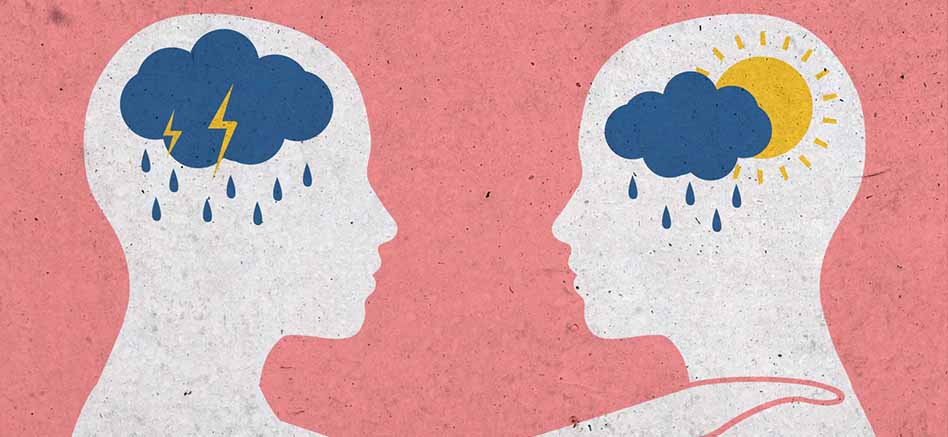
What is empathy?
Empathy is understanding the feelings that another person is experiencing. Essentially, it makes you feel like you’re making someone else’s place.
In 1909, Ainfahlung changed the meaning of the German word to Te Turchner in 1909 to “sensitization”.
So how do compassion and empathy differ? Compassion involves a more immortal relationship. Empathy usually takes more active effort than another person understands.
According to various scholars, empathy is defined as:
“… When an observer reacts emotionally, he feels that he is experiencing or feeling something else.” – Ezra Stotland, 1969
“… Understanding Other Self-Sufficient Experiences for Self-Defense with Self-Aware Selfishness” – Lauren Wispe, 1986
“… the other’s appropriate response to his own situation is more appropriate.”
Martin Hoffman, 1987
Why is empathy important?
Man can be selfish as well as cruel. Quick scanning of any daily newspaper reveals careless, selfish and extremely cruel acts. The question is, why do we not always have such a pattern of self-behavior? Does it cause someone else to feel pain and respond kindly?
Many theories have been put forward to explain empathy. The first exploration of the topic focused on the concept of compassion. The philosopher Adam Smith suggested that empathy allows us to experience things in a way that we cannot fully feel.
Herbert Spencer, a social activist, suggested that compassion is an adaptive process that contributes to the survival of the plant.
The latest approaches are the cognitive and nervous systems behind the senses. Researchers have found that it plays an important role in the sensory body in different areas of the brain, including the anterior synaptic cortex and the posterior cortex.
Compassion is shown by encouraging behaviors that are beneficial to social relationships. We are social beings by nature. What helps us in our relationships with others is beneficial to us. When people experience empathy, they are more likely to engage in sociable behaviors that are beneficial to others.
Things like reciprocity and heroism make others sensitive.
Why do we sometimes feel less sensitive?
As the story at the beginning of the article explains, not everyone can experience empathy in every situation. My husband’s husband felt pity, pity, or sympathy for the homeless man who was shaking in the cold. He even expressed strong hostility towards him. So why are we sensitive to some and not sensitive to others? Performs a number of different factors. The way we recognize the other, the way we behave in his pattern of behavior, the way we blame the other person for the inconvenience, all of our past experiences and expectations come true.
At the most basic level, empathy seems to be one of the two main factors influencing the ability to experience. Genetics and socialization. It really blocks it by minimizing the aging contribution of nature and nutrition. The genes that contribute to our overall personality are underestimated by our parents. Including our inclination towards compassion, empathy and compassion. On the other hand, we are socialized by our parents, peers, communities and society. The way we deal with others and how we feel about others often reflect the beliefs and values that were formed at a very young age.
Here are some reasons why people may not feel it:
The way we meditate on the world around us is sometimes influenced by cognitionists. For example, we often blame our own weaknesses on external factors and take into account the inadequacies of others. For these reasons it is difficult to see all the factors that affect one situation, and we will be able to see a situation in another.
People who do not change us think that people who are different from us do not behave the way we feel. This is especially common when others are physically away from us. When we report on disasters or conflicts in a foreign country, we may feel sensitive if we think that the victims are suffering.
We blame the victim: Sometimes when another person suffers from a horrible experience, the victim in his or her situation feels guilty. How many times have you asked the question of who can be a criminal to provoke an attack? It is this tendency that we must believe that the world is a fair and just place. If people believe that they deserve what they deserve and deserve, we are deceived into thinking that such horrible things can never happen.
Although empathy can sometimes fail, many people are able to empathize with others under a variety of circumstances. Looking at things from another person’s point of view and being sensitive to other emotions plays an important role in our social life. Empathy allows us to understand others, often forcing us to act to alleviate another person’s suffering